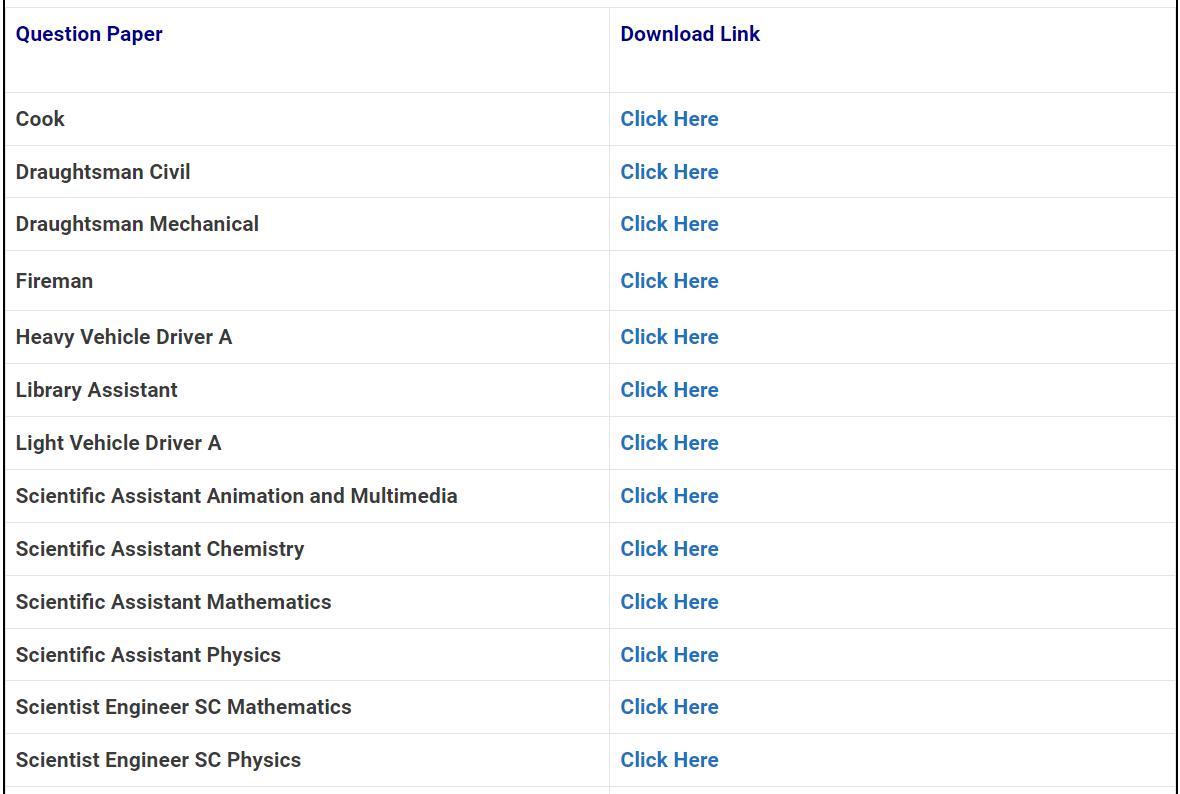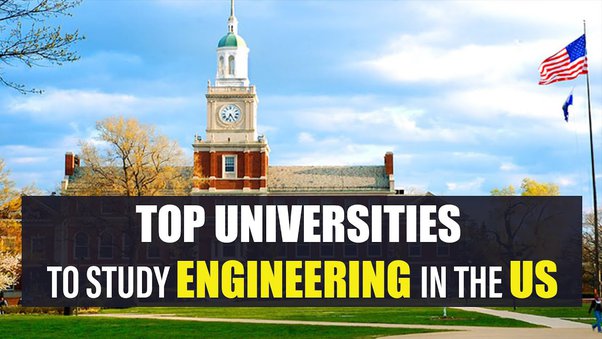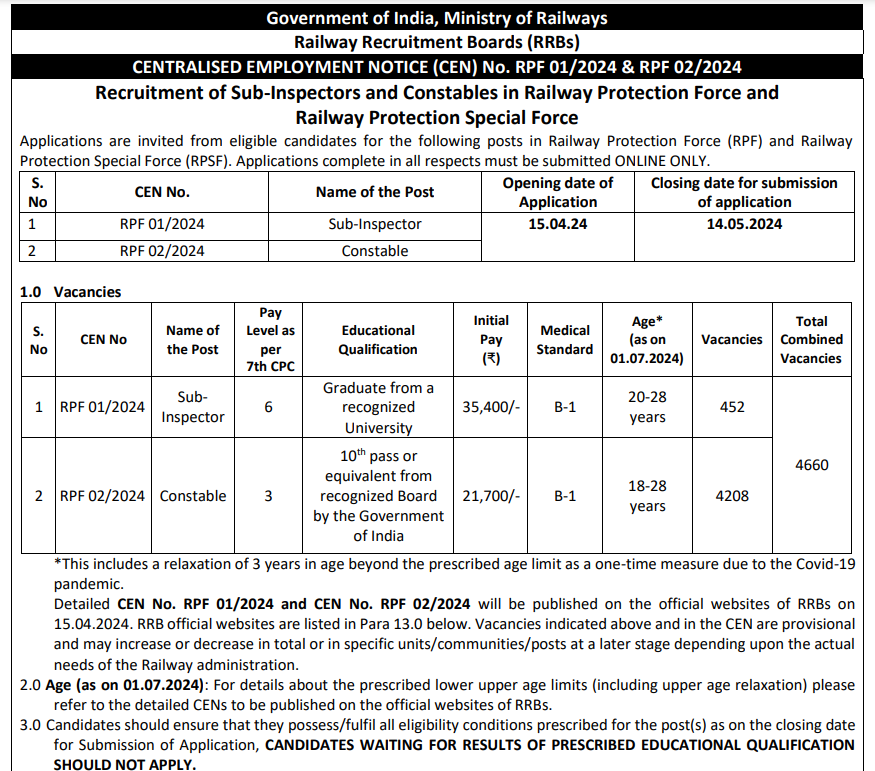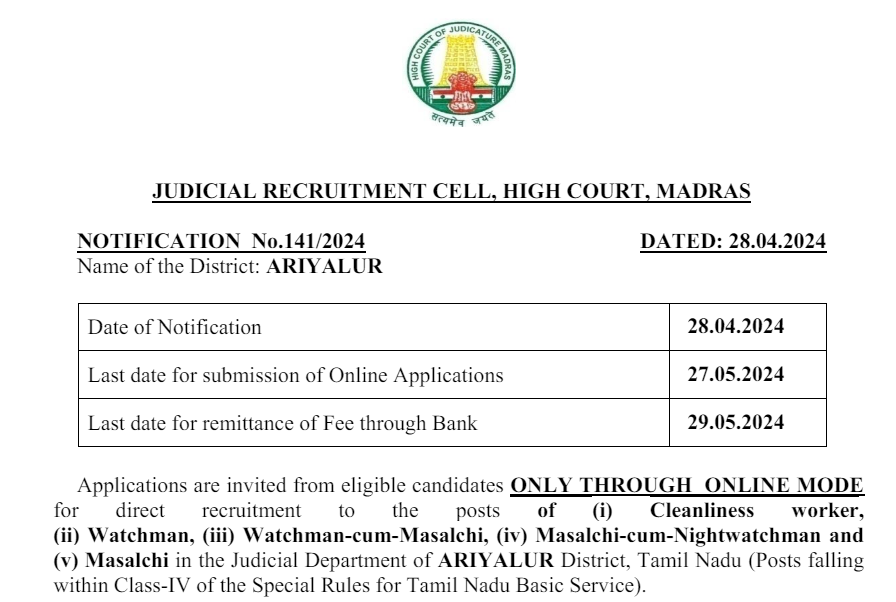Mechanical IC Engines MCQ Part 2

Category –ME Online Test
Telegram-Join Us On Telegram
Attempt Free Mechanical IC Engines MCQ Part 2 Here. Read The Important Mechanical MCQ From Below.
Q1. Flash point of fuel oil is.
A. minimum temperature to which1 oil is heated in order to give off inflammable vapours in sufficient quantity to ignite momentarily when brought in contact with a flame
B. temperature at which it solidifies or congeals
C. temperature at which it catches fire without external aid
D. indicated by 90% distillation temperature, i.e. when 90% of sample oil has distilled off
Answer : A
Q2. In a diesel engine, the fuel is ignited by
A. spark
B. injected fuel
C. heat resulting from compressing air that is supplied for combustion
D. ignitor
E. combustion chamber.
Answer : C
Mechanical IC Engines MCQ Part 2
Q3. A diesel engine as compared to petrol engine (both running ar rated load) is.
A. more efficient
B. less efficient
C. equally efficient
D. unpredictable
Answer : A
Q4. For maximum power generation, the air fuel ratio for a petrol engine for vehicles, is of the order of.
A. 9 : 1
B. 12 : 1
C. 15 : 1
D. 18 : 1
Answer : B
Q5. Scavenging air in diesel engine means
A. air used for combustion sent under pres-sure
B. forced air for cooling cylinder
C. burnt air containing products of com-bastion
D. air used for forcing burnt gases out of engine’s cylinder during the exhaust period
E. air fuel mixture.
Answer : D
Mechanical IC Engines MCQ Part 2
Q6. The reason for supercharging in any engine is to.
A. increase efficiency
B. increase powe
C. reduce weight and bulk for a given out-put
D. effect fuel economy
Answer : C
Q7. Volatility of diesel fuel oil is.
A. minimum temperature to which oil is heated in order to give off inflam¬mable vapours in sufficient quantity to ignite momentarily when brought in contact with a flame
B. temperature at which it solidifies or congeals
C. it catches fire without external aid
D. indicated by 90% distillation temperature, i.e., when 90% of sample oil has distilled off
Answer : D
Q8. Supercharging is the process of
A. supplying the intake of an engine with air at a density greater than the density of the surrounding atmosphere
B. providing forced cooling air
C. injecting excess fuel for raising more load
D. supplying compressed air to remove combustion products fully
E. raising exhaust pressure.
Answer : A
Mechanical IC Engines MCQ Part 2
Q9. Scavenging is usually done to increase.
A. thermal efficiency
B. speed
C. power output
D. fuel consumption
Answer : C
Q10. Does the supply of scavenging air at a density greater than that of atmosphere mean engine is supercharged ?
A. yes
B. no
C. to some extent
D. unpredictable
E. depends on other factors.
Answer : B
Mechanical IC Engines MCQ Part 2
Q11. Diesel engine can work on very lean air fuel ratio of the order of 30 : 1. A petrol engine can also work on such a lean ratio provided.
A. it is properly designed
B. best quality fuel is used
C. can not work as it is impossible
D. flywheel size is proper
Answer : C
Q12. The ratio of indicated thermal efficiency to the corresponding air standard cycle efficiency is called
A. net efficiency
B. efficiency ratio
C. relative efficiency
D. overall efficiency
E. cycle efficiency.
Answer : C
Q13. In a naturally aspirated diesel engine, the air is supplied by.
A. a supercharger
B. a centrifugal blower
C. a vacuum chamber
D. an injection tube
Answer : C
Mechanical IC Engines MCQ Part 2
Q14. Compression ratio of LC. engines is
A. the ratio of volumes of air in cylinder before compression stroke and after compression stroke
B. volume displaced by piston per stroke and clearance volume in cylinder
C. ratio of pressure after compression and before compression
D. swept volume/cylinder volume
E. cylinder volume/swept volume.
Answer : A
Q15. The air standard efficiency of an Otto cycle compared to diesel cycle for the given compression ratio is
A. same
B. less
C. more
D. more or less depending on power rating
E. unpredictable.
Answer : C














